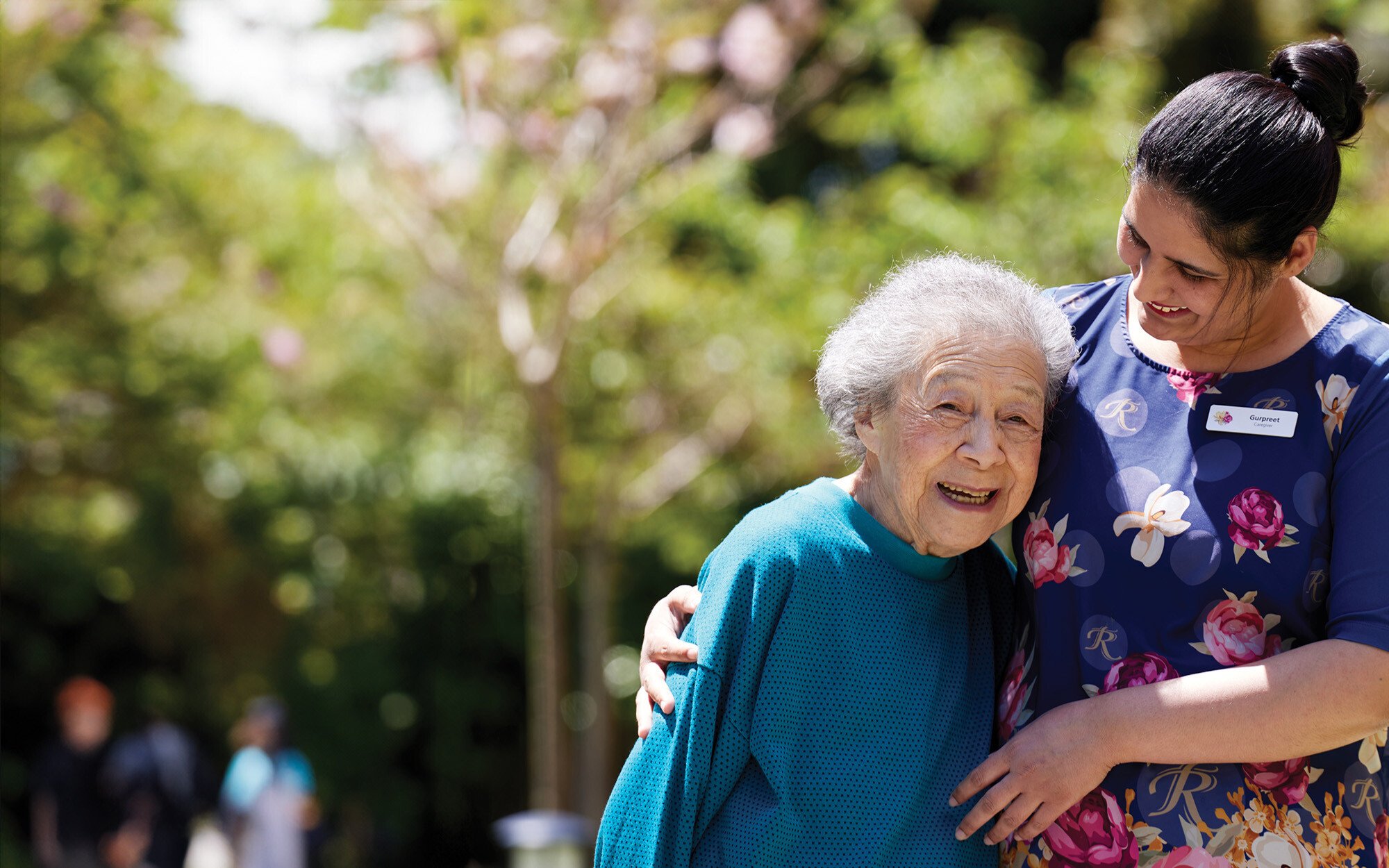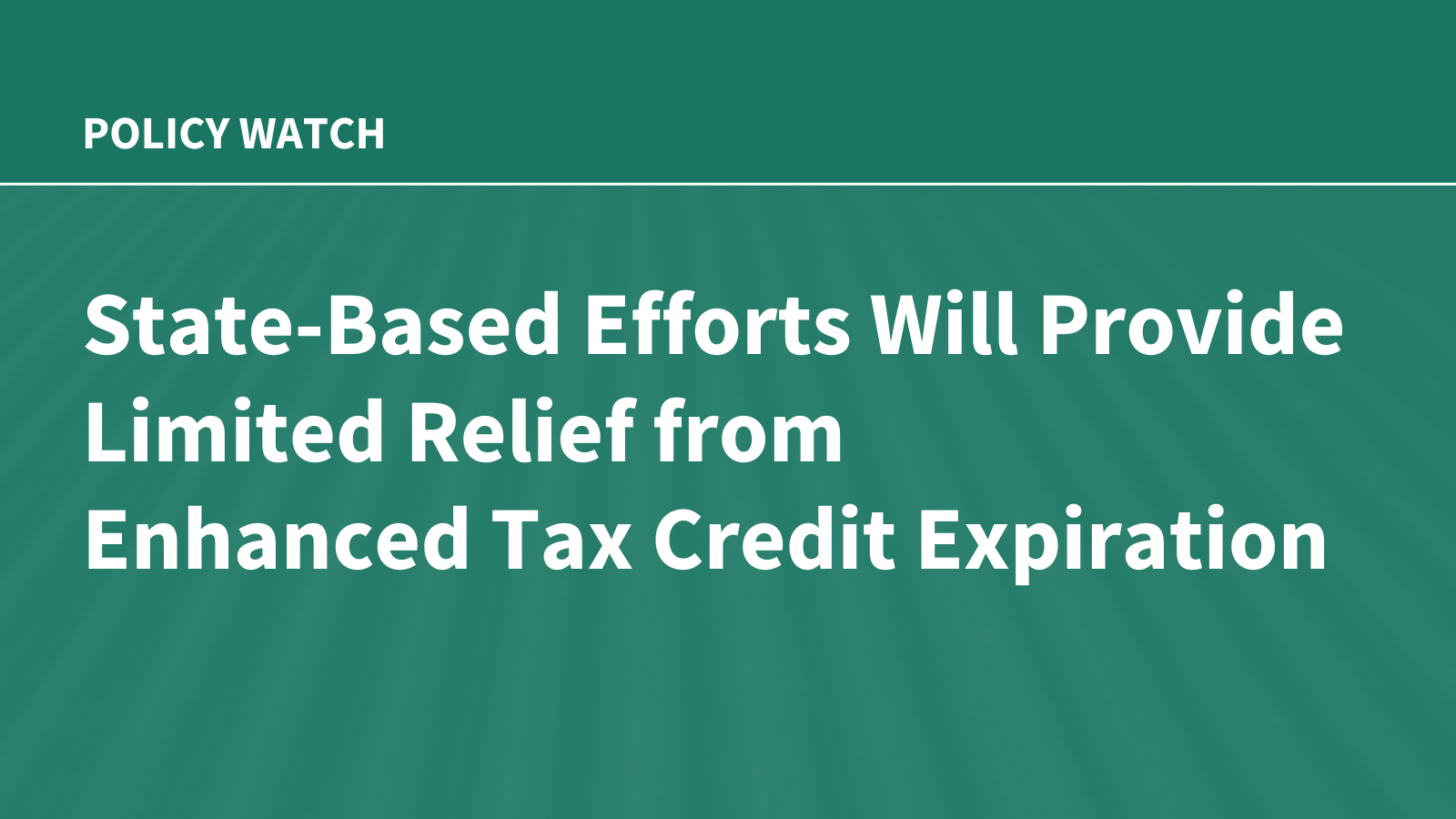MEDIA RELEASE
Highlights
- Total revenue of $689.9 million, up 18% on FY23
- Reported net profit after tax (NPAT) of $4.8 million, down from $257.8 million in FY23
- IFRS profit before tax and fair-value movements (PBTF) of -$324.5 million (-47.2cps), down from -$225.3 million in FY23 (-43.6cps per share)
- PBTF includes $283.9 million of one-off costs which predominantly reflects impairments relating to the company’s land bank
- Cash flow from existing operations1 of $43.3 million, an improvement of $51.8 million on the prior year
- Cash flow from development activity1 of -$230.2 million, an improvement of $150.8 million on the prior year
- Underlying profit1 of $270.0 million, down 11% on the prior year, and in-line with February 2024 guidance of $265 – 285 million
- Welcomed over 1,500 residents to our retirement villages and over 2,200 into our aged care facilities
- Completed two villages (John Flynn, William Sanders), opened three (Northwood, Patrick Hogan and Bert Newton) and commenced one new development (Mulgrave)
Ryman Healthcare Limited (Ryman) has reported an 18% increase in revenue to $689.9 million for the year ended 31 March 2024, driven by growth in care, village and deferred management fees. However, the combined impact of impairments and other one-off costs ($283.9 million, FY23: $175.4 million) and a lower fair value gain on investment properties, has led to a significant reduction in NPAT to $4.8 million against the $257.8 million achieved in FY23.
This result has been achieved against a particularly challenging operating environment with residential property markets subdued and cost inflation impacting all areas of the business.
Executive Chair, Dean Hamilton commented, “The reported profit result was clearly disappointing as the company took the hard decision to reassess the carrying value of a number of its assets in light of the current economic environment and also place higher hurdles on new developments. Despite these non-cash write-downs, it was pleasing that the company achieved an improvement in cash flow from existing operations to $43.3 million (-$8.5 million in FY23).
Contributing to this was a record number of ORA resale settlements, which continues to underline the attractiveness of the Ryman offering.”
Ryman achieved an underlying profit of $270.0 million, down 11% on the $301.9 million achieved in the prior year, and within its February 2024 guidance range of $265 – 285 million. The reduction in underlying profit on FY23 was primarily a result of lower margins on new developments which have suffered from higher costs to complete through construction inflation, the impact of delays and higher interest costs.
Ryman has traditionally used underlying profit as a key measure of its financial performance. It now believes that there are better indicators of performance.
Moving forward, Ryman will focus on three key financial performance metrics:
1. Cash flow from existing operations;
2. Cash flow from development activity; and
3. IFRS profit before tax and fair value movements (PBTF) per share
Operational performance
During the year Ryman welcomed its first residents at three new villages – Northwood in Christchurch, Patrick Hogan in Cambridge and Bert Newton in Melbourne. In addition, it opened a new care centre at Deborah Cheetham in Melbourne, finishing the year with 48 operating villages, home to some 14,600 residents.
Occupancy in its mature aged care centres has returned to pre-COVID levels at 96.3%, up from 94.6% in FY23. Ryman welcomed 1,500 residents to its independent and serviced retirement units, and over 2,200 into its aged care facilities.
Ryman continued to be recognised by the industry for delivering great care and resident experience and is proud to be named Reader’s Digest Most Trusted Brand in aged care and retirement living in New Zealand for the tenth time as well as being named ‘Operator of the Year-Ageing in Place’ at the 2024 Asia Pacific Eldercare Innovation Awards.
Development update
During the year, Ryman completed developments at both John Flynn (Melbourne) and William Sanders (Devonport). “These are fabulous new villages for our residents, with state-of-the-art amenities and a continuum of care,” said Mr Hamilton.
At year end, 10 villages are under active construction, nine of which have already opened to residents. The current build program is unusually skewed to main buildings, of which four are expected to be completed in FY25.
There were 736 units and beds recognised in its FY24 build rate, which includes both complete and near complete units and beds. Going forward, Ryman intends to adopt a simpler measure with build rate reported on a complete basis, including only units and beds which are able to be occupied.
Mr Hamilton commented: “We have increased our focus on the efficiency of our new village developments, with a much stronger lens on expected cash recycling and net present value. As a result of this, sites in our land bank at Kohimarama, Karori and Newtown (decision taken in FY23) are being held for sale, and our sites at Takapuna and Ringwood East have been put back into the land bank. Carrying values for these sites, and our site at Mt Eliza, have been written down to either an unconditional sale value (for Newtown) or a market value, resulting in an impairment of $211.0 million being recognised in FY24.”
Ryman acquired a further parcel of land at Deborah Cheetham in Victoria. This 2.0ha site will support an additional 58 two- and three-bedroom townhouses, which will be supported by the recently opened main building.
Ryman’s land bank at 31 March 2024 has 5,371 units and beds available for development, including 2,627 at sites currently under active development, and 2,744 at the balance of sites.
Capital management
Ryman continues to be committed to prudent capital management. The Board made the decision during the year to suspend dividends. The need to continue to spend capital to complete committed village buildings and the desire to limit increased borrowings being key factors behind the decision.
As previously communicated the company intends to undertake a further review of the dividend policy at FY26. Any future dividend policy is expected to be based on cash flow.
At March 2024, net interest bearing debt was $2.51 billion, up $0.21 billion from March 2023 and in-line with the position at September 2023. Total funding headroom at March 2024 was $507 million (undrawn facilities and cash).
Gearing of 36.2% has increased 3.1 percentage points reflecting both higher debt and the impact on shareholders equity from valuation movements and impairments. This sits slightly above its medium-term target of 30-35%.
“The financial focus of the Board is to strengthen cash flow outcomes from existing operations and to recycle capital on new developments. Over time, we aim to grow the value of Ryman whilst gradually reducing our net debt position,” said Mr Hamilton.
Governance and leadership changes
“The year has seen a significant refresh at both Board and management,” said Mr Hamilton. “During FY24 three directors retired and four new directors were appointed to the Ryman Board, demonstrating its commitment to refreshing Board membership and bringing new capability and experience to governing the company.”
There was also significant change in Ryman’s senior leadership team. New executive appointments were made including Rob Woodgate as Group Chief Financial Officer and Marsha Cadman as Chief Transformation and Strategy Officer, combining two previous executive roles.
In April 2024, Ryman announced that Group Chief Executive Officer Richard Umbers had resigned. The search for a new Group CEO is underway.
Turnaround underway
FY24 marked a year of significant change for the company as it embarks on getting fit for the future.
Mr Hamilton said: “We are clear on two things – our residents remain at the heart of what we do, and our villages are the place where we create value. Everything else we do is in support of these two principles.”
“We’re refining our strategy and driving a transformation program that will place stronger emphasis on our financial performance, while maintaining our commitment to purpose-driven care and exceptional resident experience. We know we need to create a more sustainable balance.”
“Our areas of financial focus are on improving the financial performance of our existing villages, improving the efficiency of our new developments and creating a sustainable and fit for purpose structure to support our village and new development activities. We need to get fit for the future,” he added.
Aged care legislative environment
Throughout the year, Ryman continued to advocate for change to the current aged care funding models in both New Zealand and Australia. As the ageing population expands and longevity increases, more older people are occupying hospital beds and require care, putting huge pressure on healthcare systems.
As highlighted in the first phase of a Te Whata Ora Health New Zealand commissioned review, the sector is facing unprecedented challenges and financial pressures, leading to bed closures and limited new builds in the face of growing demand.
“We need Governments to acknowledge the crucial role the retirement living sector has to play in meeting the housing and health needs of the growing number of older people in both countries,” said Mr Hamilton.
He added: “Funding for aged residential care has proven to be far too low for a sustainable aged care sector in New Zealand. As providers, we are limited by law as to what we are paid by health authorities and what we can charge residents for added services. The model needs urgent change to ensure bed numbers are not only retained but there are incentives for significant new beds to be built. New Zealanders deserve to have a choice in the products and services they wish to receive as they age. We’re optimistic that the new coalition Government will create positive change to enable sustainable and equitable access.”
In Australia, Ryman has been actively engaging with the Government on key industry issues. It provided a submission to the Aged Care Task Force, which subsequently provided recommendations to the Government in March 2024, including support for a co-contribution model. This a positive sign for the industry.
Sustainability progress
Ryman is committed to its sustainability journey and decarbonising its operations. It has today released its first Sustainability Report (available on its website) which showcases progress across three key priority areas: climate change, quality care and Indigenous engagement.
Ryman announced during the year that its greenhouse gas emissions targets have been validated by the Science Based Targets initiative (SBTi). This achievement has been reached following Ryman formally setting an emissions reduction target of 42% for scopes 1 and 2, to be achieved by 2030 relative to a base year of 2021.
In addition, Ryman’s first Climate-Related Disclosures Report (CRD) will be published within its upcoming FY24 Annual Report. This highlights how the company is embedding climate considerations into its business model, as well as the impact its business has on the climate.
FY25 outlook
“Current economic conditions remain challenging in both New Zealand and Victoria, and it is unclear when interest rates will begin to decline and support improved housing markets conditions and liquidity.”
“Key to our performance in FY25 will be our ability to maintain high occupancy in our existing facilities and settle new units and beds as they come onstream throughout the year,” said Mr Hamilton.
FY25 guidance:
- We continue to target positive free cash flow (representing the combination of cash flow from existing operations and cash flow from development activity);
- We expect to complete 850-950 retirement village units and aged care beds, which includes 650 aged care beds and serviced apartments in four main buildings that will be opened, and 200-300 independent retirement village units.
- We expect to spend $700 – 820 million on capex including $600 – 700 million on development activity, and $100 – 120 million on existing operations.
Ryman’s outlook for FY25 is based on current market conditions and its assessment of the future.
Looking ahead
Mr Hamilton said: “2024 is a significant year for Ryman marking our 40th anniversary since opening our first village in New Zealand, our 10-year anniversary since opening our first village in Victoria, and our 25th anniversary of being listed on the NZX. Whilst we have plenty to be proud of in our history, we know we need to improve our financial performance and the Board and management are aligned on this intent.”
Publisher: Source link










